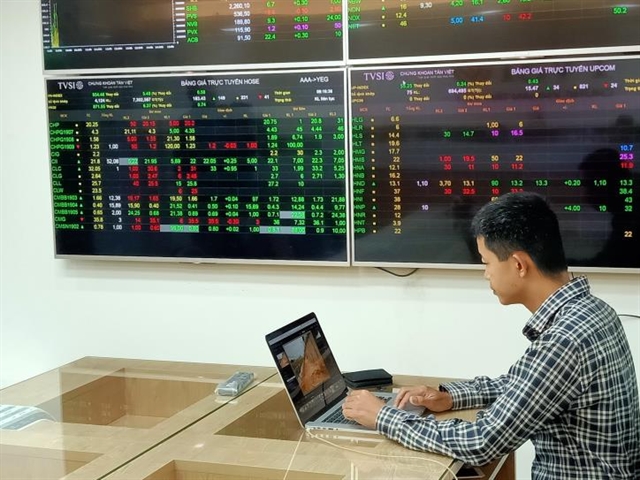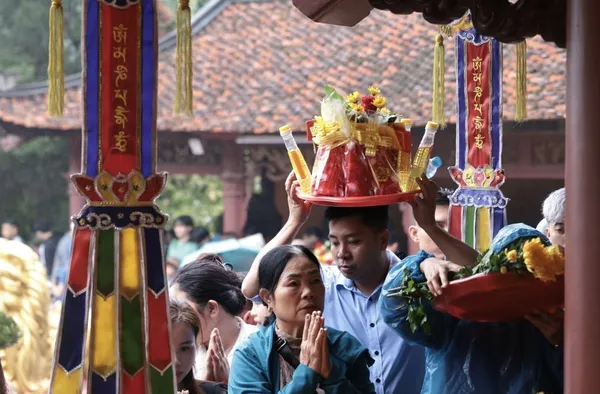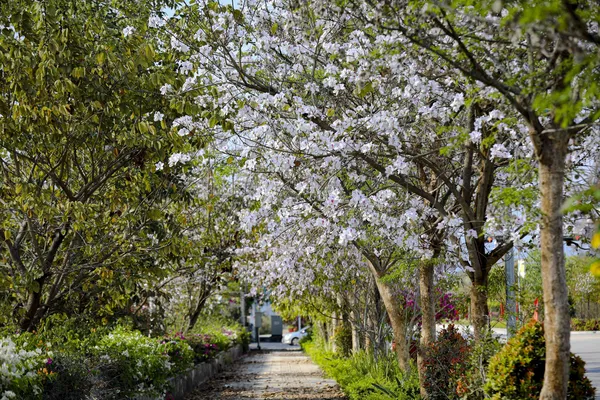 Environment
Environment
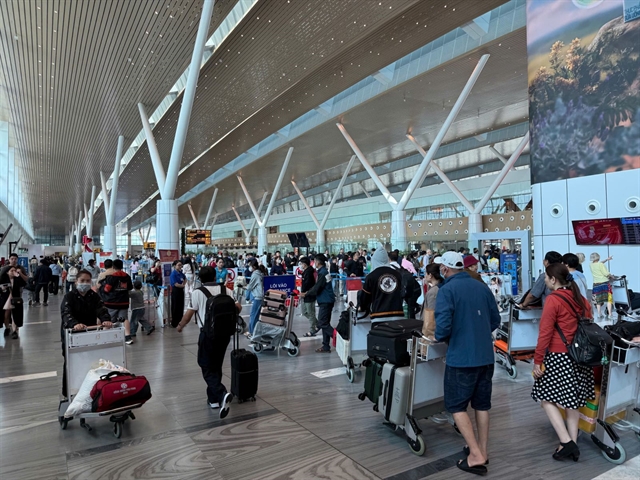
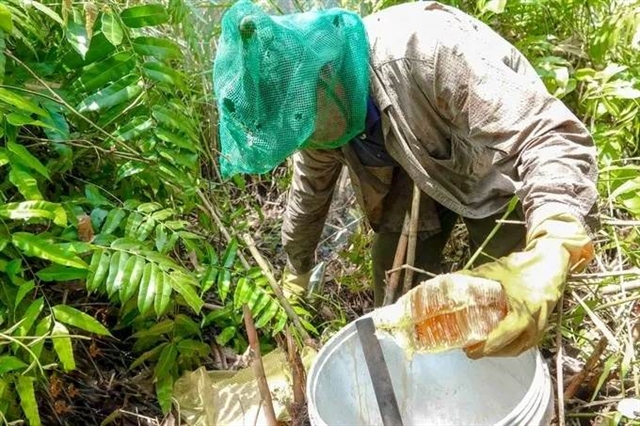 |
| Dương Kha Ly can earn VNĐ1 million per day collecting honey during peak season. – Photo dantri.com.vn |
HẬU GIANG – With simple equipment like a hat to cover his face, a knife, plastic cans and a few buckets, Dương Kha Ly is ready to hunt for honey.
Ly, 46, from Hậu Giang Province, is among the migrant farmers who search for beehives in the Lung Ngọc Hoàng reserve area of Phụng Hiệp District, Hậu Giang Province.
This has brought high incomes for farmers but it’s not an easy occupation.
When the dry season is coming, bee hunters in the southern region hope for a bumper crop.
After several hours taking a boat and walking through the forest, Ly finally finds a bee hive.
“This hive is quite small. We can take about half of litre of honey from that,” he said.
Quickly climbing to the top of the tree, Ly uses a smoke canister to spray the hive.
Bees swarmed out and the honeycomb is cut into pieces. They are careful not to take it all, but leave a small piece.
“This is for bees to make new nests,” Ly said.
To find a beehive in the middle of a vast forest, hunters must have sharp eyes.
Under the honey bee nesting area is reeds. The big trees have many horizontal branches and Ly is confident he will find a hive.
"You have to take the honey from the inside of the beehive,” he told Dân Trí (Intellectual) newspaper.
“We absolutely do not collect from outside the hive because bees will fly out to sting us.”
Honey hunting can be tough, and those that do follow this path must be fit, good at climbing and not afraid of heights.
“Occupational accidents such as bee stings, ant bites, and even encountering poisonous snakes in the forest, are common,” he said.
Tăng Văn Lợi, another bee hunter in the Lung Ngọc Hoàng preservation area, said it takes bees only 20 days to build nests and produce honey.
However, to achieve the best quality honey, they wait for more than 30 days.
"During the honey harvest season, I can collect two to three litres per day. Each litre is sold for VNĐ60,000,” he said.
At the end of the honey harvesting season, farmers switch to growing plants and raising other animals.
Bee hunters like Ly and Lợi always believe there must be a balance between keeping the forest and raising honey.
They are bee hunters and also bee keepers.
Every one of them is assigned a specific forest area. They are aware that protecting the forest is also protecting their livelihoods.
Trần Bé Em, head of science and conservation department of the Lung Ngọc Hoàng reserve area, said 1,400ha of melaleuca forest has been assigned to 56 local households. They are in charge of looking after the forest can benefit from around 2,500 hives.
"Farmers can exploit honey under the control of the nature reserve,” Em said.
“They have an additional source of income from collecting honey and a sense of responsibility in protecting the forest. This model has been implemented since 2020 and it has proved to be efficient.” – VNS

